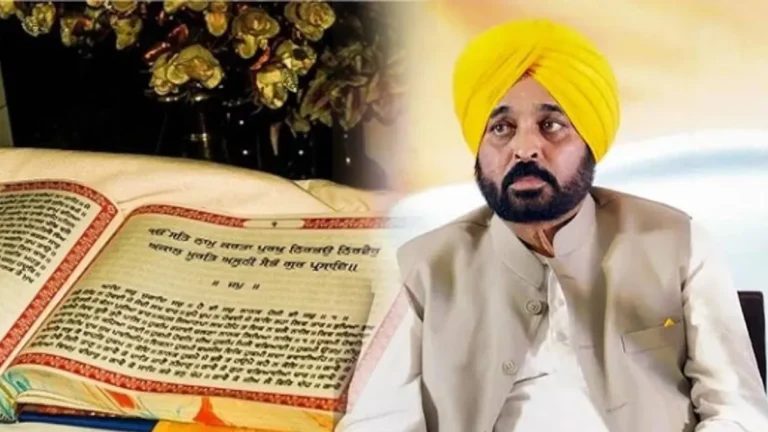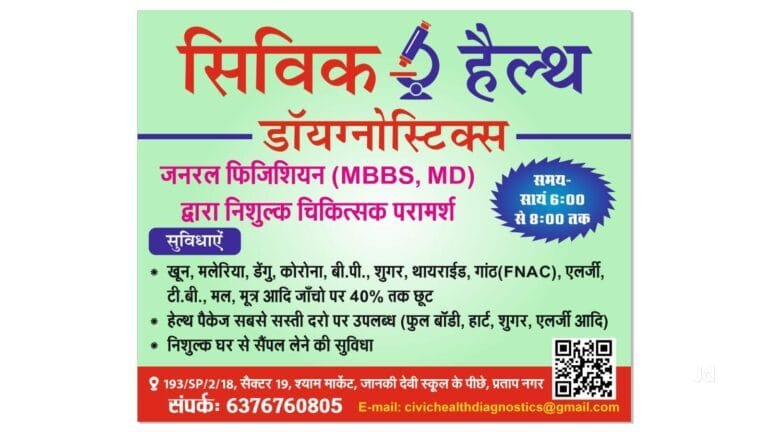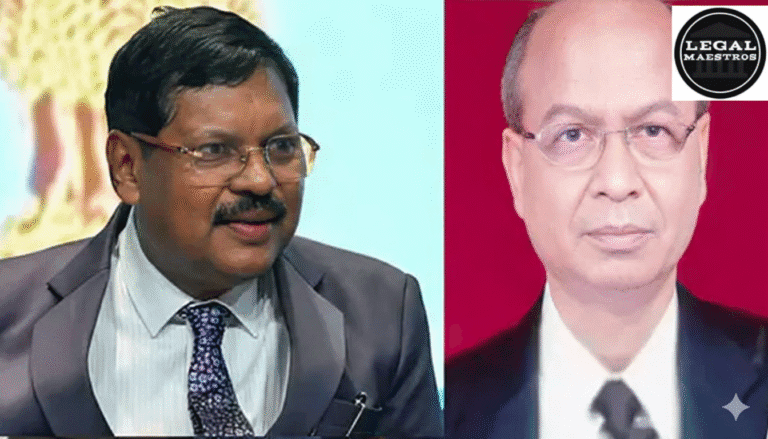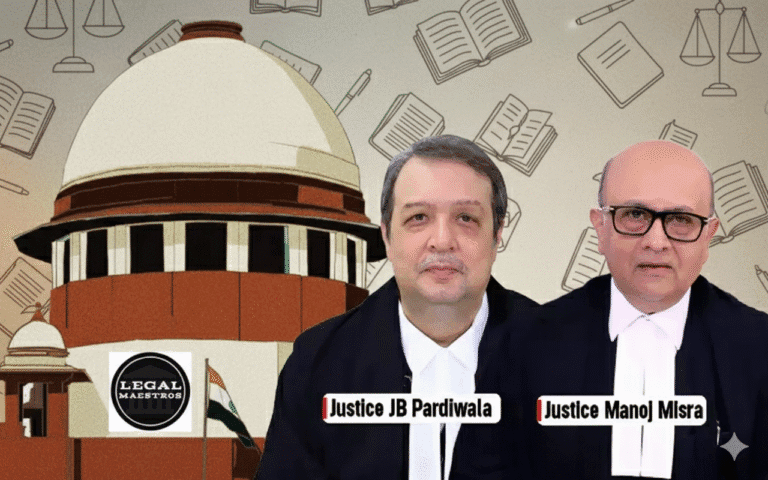
Kanwar Yatra is a yearly pilgrimage in which lakhs of pilgrims or Kanwariyas, undertake the journey through Uttar Pradesh, Uttarakhand, and Madhya Pradesh to pay homage to Lord Shiva. At least for the period of this pilgrimage, several of them totally abstain from non-vegetarian food.
To address these religious feelings, the Muzaffarnagar police in Uttar Pradesh issued an order in July 2024 that all restaurants along the Yatra route had to advertise their owner’s and employee’s names. Shortly thereafter, the same directions were issued in the entire state and later by Uttarakhand and Madhya Pradesh as well.
The authorities asserted that this move would facilitate pilgrims in recognizing vegetarian food stalls, avert confusion and ensure law and order during the religious festival.
For any queries or to publish an article or post or advertisement on our platform, do call at +91 6377460764 or email us at contact@legalmaestros.com.
Soon the directive was uniformly criticized nationally. Political parties and civil society organizations claimed the order might lead to religious profiling, especially of Muslim and Scheduled Caste (SC) owners of shops. By making public the identity of food business owners and employees, the directive threatened to subject them to communal violence, social ostracism and economic boycott.
Various petitions were moved before the Supreme Court, one by Trinamool Congress MP Mahua Moitra and another by the Association for Protection of Civil Rights (APCR). The petitions challenged the constitutional validity of the directive and prayed for an immediate stay of its enforcement.
Government’s Justification vs Critic’s Concerns
The Uttar Pradesh government stood up to the directive, reasoning that it was required to ensure religious harmony during the Yatra. They said that displaying names would enable Kanwariyas to identify vegetarian food outlets and honor their religious discipline.
For any queries or to publish an article or post or advertisement on our platform, do call at +91 6377460764 or email us at contact@legalmaestros.com.
But several fallacies in the logic was stated by critics and signers of the petition. Firstly, they contended that the directive lacked statutory basis. There was no precedent in previous years when such a practice had been implemented, which raised questions on the motive and timing. Secondly, they stressed that religious identity can never be a reason for regulation, particularly when it concerns livelihood.
The petitioners cautioned that forcing street food vendors to reveal personal information such as names could be used as a means of economic exclusion, especially against Muslim-owned and Dalit-operated businesses and fuel communal divisions at a religious festival.
Main Legal Contentions presented by the Petitioners
Senior Counsellor Abhishek Manu Singhvi, appearing for the petitioners, referred to the order as a disguise for exclusion. He contended that the order was not supported by any provision of law and was against the secular nature of the Constitution. He stated that it is not a reason for compelled disclosure of identity due to dietary preference.
For any queries or to publish an article or post or advertisement on our platform, do call at +91 6377460764 or email us at contact@legalmaestros.com.
Singhvi underscored that a measure like this had never been done before and that it went directly against constitutional rights. He highlighted that indicating vegetarian or non-vegetarian food wasn’t necessary by displaying names and better options were available without profiling people based on religion or caste.
Mahua Moitra, in her plea, averred that the directive was a disguised move to impose disclosure of religious identity and pose a serious risk of social boycott. She contended that the step could reinforce communal distrust and infringe the right to equality and non-discrimination under Articles 14, 15, and 17 of the Constitution.
Supreme Court’s Interim Relief
The Supreme Court, in an order by a bench of Justices Hrishikesh Roy and SVN Bhatti, granted an interim stay to the enforcement of the directives in all three states. The Court explained that while restaurants can indicate whether they serve non-vegetarian or vegetarian food, they cannot be forced to divulge the names of the owners or employees.
For any queries or to publish an article or post or advertisement on our platform, do call at +91 6377460764 or email us at contact@legalmaestros.com.
The Court noted that these instructions did not originate from any statutory source such as the Food Safety and Standards Act or the Street Vendors Act. The bench added that the police and local authorities lacked authority to make such demands on their own.
Though the Court did not yet rule on the wider constitutional issues, it saw that the directive could damage the economic interests of the minority and promote discriminatory behavior.
The Court has ordered the three state governments to file their replies. In the meantime, the interim order holds good.
For any queries or to publish an article or post or advertisement on our platform, do call at +91 6377460764 or email us at contact@legalmaestros.com.
Legal and Social Implications
The case is significant in raising important constitutional questions, specifically pertaining to equality before the law, non-discrimination, and freedom of profession. The petitioners contended that the directive violated Articles 14, 15, and 17 by allowing discrimination on grounds of identity in a public commercial area.
It also indicates the boundaries of executive power. The Supreme Court stressed that any curtailment of rights must be based on clear legal provision and not on arbitrary administrative action. The police, in this instance, crossed their line of duty by giving orders lacking statutory sanction.
This debate underlines the fine line between ensuring public order and violating civil liberties. Administrative actions under the guise of religious feeling can easily turn into instruments of communal profiling, particularly when not supported by law.
For any queries or to publish an article or post or advertisement on our platform, do call at +91 6377460764 or email us at contact@legalmaestros.com.
Conclusion
The first set of instructions from the police and district officials sought to bring food businesses along the Kanwar Yatra route under control by requiring disclosures of names. While couched as a measure to help pilgrims, the action raised grave constitutional concerns.
The Supreme Court moved fast to rein in the implementation of these directives and reaffirmed that such regulations cannot intrude into basic rights. It also made it clear that religious inclinations cannot be invoked to sanction revelation of personal identity in a business environment.
The Court’s stay remains interim and the case waits to be finally adjudicated. In the meantime, the case has ignited crucial national discussions regarding secularism, state excesses and the pan balance between religion and fundamental rights.
For any queries or to publish an article or post or advertisement on our platform, do call at +91 6377460764 or email us at contact@legalmaestros.com.
Sources
- Business Today, ‘Kanwar Yatra Eateries Row: Supreme Court Pauses UP, Uttarakhand Order to Display Owner’s Name’ (22 July 2024)
- The Economic Times, ‘Kanwar Yatra Row: SC Continues Its Interim Order Against Directives by State Govts Urging Eateries to Display Owner’s Name’ (22 July 2024)
- The Indian Express, ‘SC to Hear Plea Against UP Govt Order in Kanwar Yatra Eateries Case’ (22 July 2024)
For any queries or to publish an article or post or advertisement on our platform, do call at +91 6377460764 or email us at contact@legalmaestros.com.
- SCC Online, ‘Supreme Court Stays Directive to Eateries on Kanwar Yatra Route to Display Owner Name’ (22 July 2024)
- LiveLaw, ‘Kanwar Yatra: QR Code & Name Display Mandate on Eateries Challenged in Supreme Court’ (22 July 2024)
For any queries or to publish an article or post or advertisement on our platform, do call at +91 6377460764 or email us at contact@legalmaestros.com.






